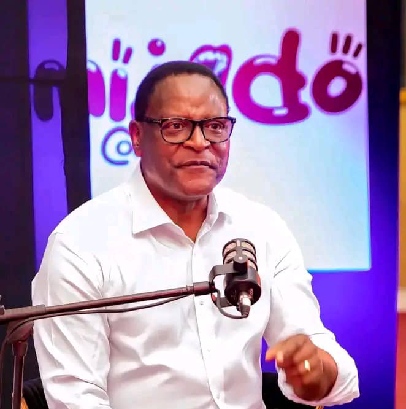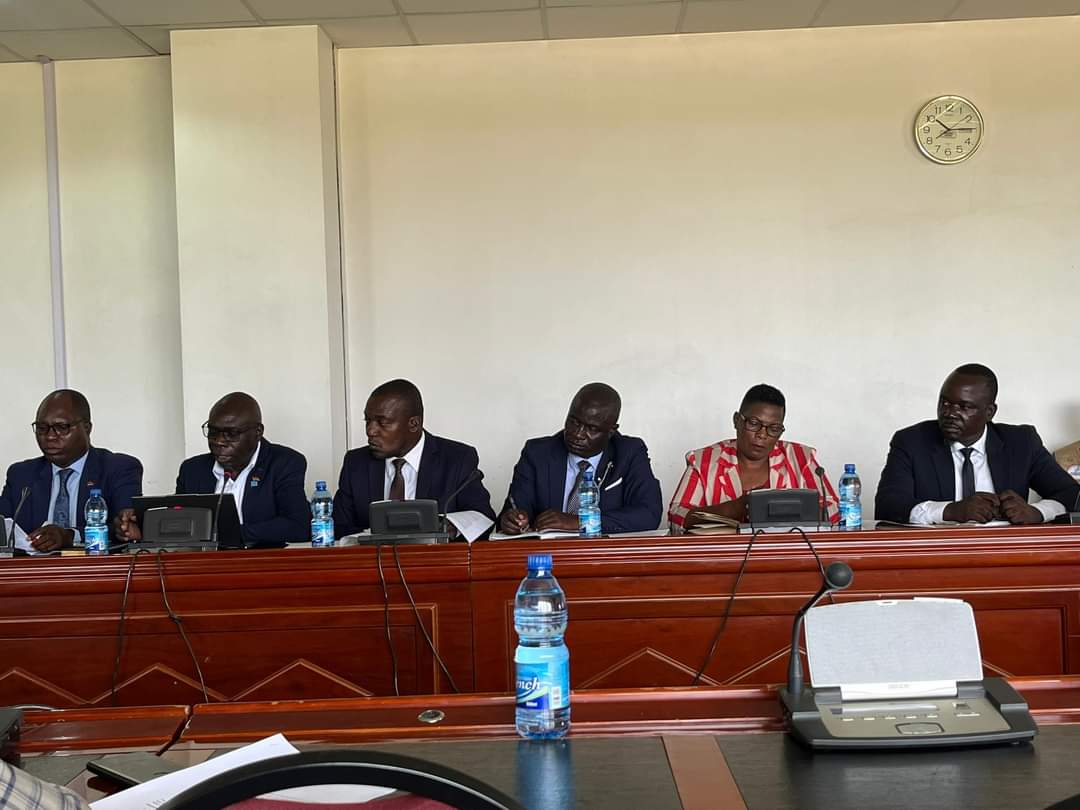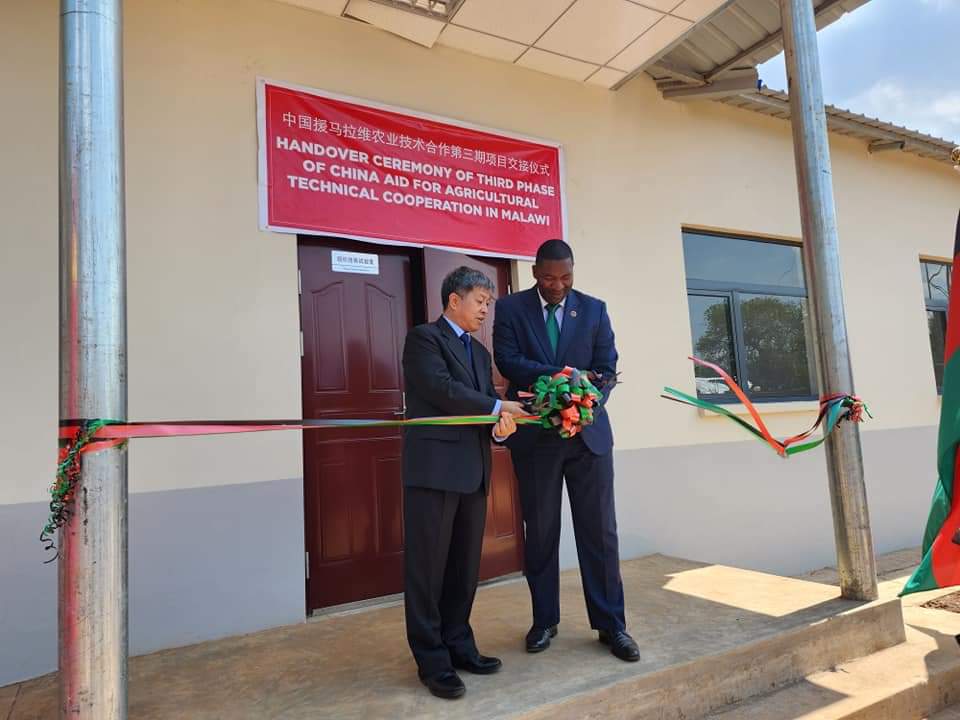Deputy Minister of Water and Sanitation, John Bande has called on Africa and the world at large to ensure the proper use of groundwater to curb the effects of climate change and propel development.
He was speaking at the 13th ordinary session of the Executive Committee of the African Ministers Council on Water (AMCW) in Windhoek, Namibia.
The conference ran from 11 to 14 October.
Bande said ground Water deserves utmost consideration due to its, “Support for human activities, ecosystems health and its potential to address pressing issues such as climate change and food security.”
With the continued growth of population and the demand for safe water across Africa and particularly in rural areas, groundwater has become an answer to this demand.
The minister further underscored the need for African countries to embrace this readily available resource in propelling and upholding the socioeconomic agendas of their respective countries.
“When well tapped, groundwater can bring about enormous socio-economic transformation. Issues of hydrological intermittency currently besetting countries will be history.”
Various studies have indicated that less than 6 % of the cultivated land in Africa is under irrigation. This is against the backdrop that there are 72 transboundary aquifers across Africa. Therefore, by increasing the extent of irrigation by 10% only, Africa could no longer rue the impact of food shortage brought on by the Russia-Ukraine war and persistent droughts. Africa will be food sufficient and ultimately transform the entire value chain.
The Minister said to this end ‘corroboration becomes paramount as these aquifers are shared between African states. Once states and governments join hands, the management and development of these inter-ground waters will enhance regional cooperation and integration for shared development.
Ground Water took centre stage at this year’s World Water Day celebrations which were held on 22 March under the theme ” Ground Water: Making the Invisible Visible. “
On December 7-8, 2022 the UN-Water Committee will convene world leaders at the UNESCO headquarters in Paris, France where groundwater will be discussed extensively, especially in the context of Africa.
The summit will also deliberate the needs and solutions of Sustainable Development Goal number 6 concerning data, finances, governance and capacity building.




